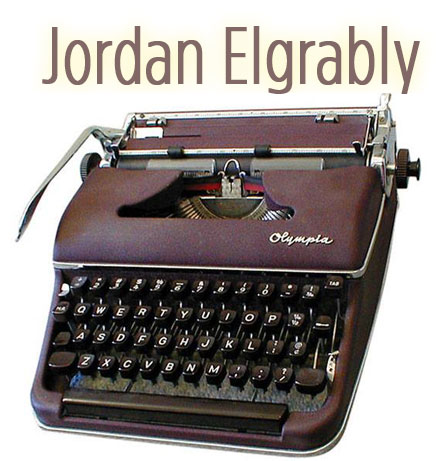Los Angeles Times | Christine N. Ziemba
Have you heard the one about the lawyer who writes poetry? The folks at the Daily Journal have—and to them, poetry is no joke.
The legal newspaper is to California lawyers as <em>Variety</em> is to studio execs: It's a serious-minded publication dedicated to deals, decisions and the art of jurisprudence. But to enliven its usual buttoned-down pages, the paper recently launched "Barristers and Bards," a weekly poetry column.
In his introduction, Martin Berg, the San Francisco edition's editor in chief (and now poetry editor), writes, "Both lawyers and poets often deal with conflict and complex emotions, in the context of precise language and form." The poetry column, he notes, is a way to show readers "another dimension of the lives of lawyers."
Lawyer-poets have a strong lineage in American history. Wallace Stevens, Edgar Lee Masters and Archibald MacLeish all practiced law; Oliver Wendell Holmes Sr. was an associate justice on the U.S. Supreme Court.
There's a myth that lawyers' briefs and articles are "badly written, verbose and in Latin," says the L.A. edition's legal editor Jordan Elgrably. Another misconception, he adds, is that lawyers are "not good with language, except for arguments.
"So the Daily Journal is a perfect forum to expose the work [of lawyer-poets] to a wider public."
The column's inaugural poem, "Commonwealth v. Wright" by Philadelphia attorney Richard S. Bank, describes a young girl's tragic death in language as eloquent as many a closing argument: "A few days before the incident / Lorraine, age thirteen / had come to Mrs. Fanning's apartment/ in the middle of the night / with her brothers and sisters still in bedclothes / explaining that the appellant had attempted / some sort of sexual contact...."
Although Bank's poem has a legal focus, "Barristers and Bards" is not limited to court sonnets or blank verse from the bar. Anyone with a law degree can submit a poem.
The practice of law is not mandatory. The practice of poetry is.

